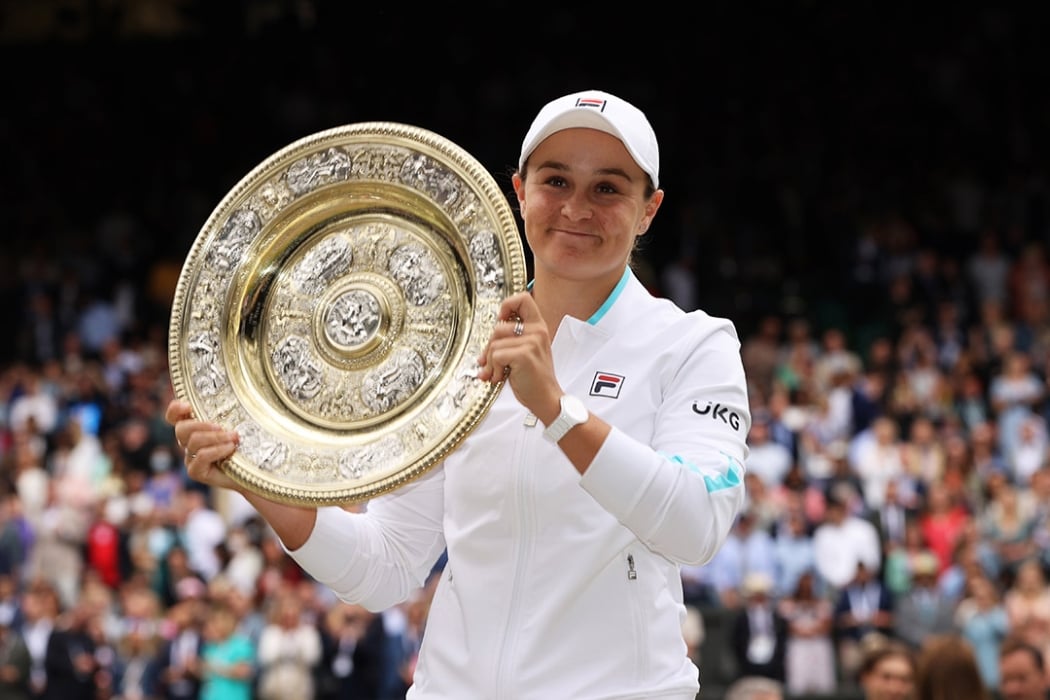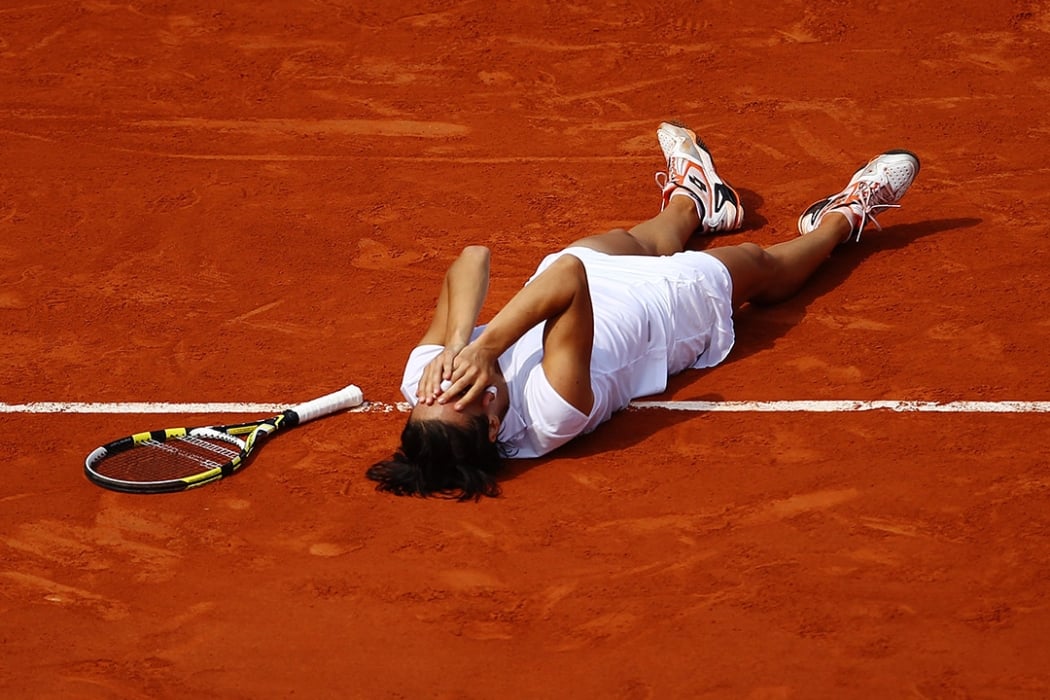Jelena Dokic’s stunning first-round win over Martina Hingis at Wimbledon in 1999 is the result that catapulted the Australian teenager to superstardom.
She was then a qualifier ranked outside the top 100, but ultimately climbed to a peak of world No.4 in one of the strongest eras in the history of women’s professional tennis.
Wimbledon was where she especially thrived, and she followed her 1999 quarterfinal with a semifinal run in 2000. She returned to the second week in 2001 and 2002 and, including her three qualifying wins in 1999, won 20 of her first 24 matches at the storied tournament.
Dokic joined The Sit-Down podcast this week and could recall that astonishing upset of Hingis, then the world No.1, in vivid detail.
"The match in a way was almost a blur, because it went by quite quick and you're so focused,” said Dokic, who won 6-2 6-0.
"I got to the third round of Australian Open just five months before, as a 15-year-old, and I actually lost to Martina in the third round. And then we had a practice week going into Roland Garros, and she was always lovely and we used to practice together.
LISTEN: Jelena Dokic on The-Sit Down
"So I remember I did feel a little bit more comfortable going into this match. Still, Martina can do anything on the court that you just didn't know what was coming next, she was so crafty.
"But I went out there, and I was on a mission, and I knew exactly how I wanted to play and what I needed to do.”
Hingis was the reigning Australian Open champion and just two weeks earlier had reached the Roland Garros final. She had also won Wimbledon in 1997.
Dokic’s plan was simple: take the match out of Hingis’ hands. That involved keeping her back – to prevent her using her drop shot and advancing on the net – as well as dictating points and landing a high percentage of first serves, to nullify Hingis’ excellent return.
GRASS-COURT GUNS: Who are the leaders on the lawns?
“I remember walking out on court was very special, but at the same time, here you are, a 16-year-old qualifier, it's also daunting to play a world No.1,” said Dokic, then ranked 129th.
“I started to feel comfortable after about two or three games, and after I won the first set there was this kind of like shock, around the stands, like you could literally hear it... (the crowd) going, oh wow, like a qualifier has just taken the first set. As a player you could feel it.
"And then when I got on top in the second set, the crowd was kind of extra, I felt like, on my side. You could see – probably because I looked like I was about 10 (smiling) – they were really excited for me to actually win this match.
"When I won, there was just like this roar. I could feel those emotions still today, if I go back to Court No.1, of what that kind of sounded like.”
AO FLASHBACK: 2009 “changed my life,” says Dokic
Dokic’s triumph over Hingis was her first of 13 over top-10 opponents.
In the subsequent three years she also notched wins over Mary Pierce, Venus Williams, Amelie Mauresmo, Kim Clijsters, Monica Seles, Justine Henin and Jennifer Capriati – all multiple Grand Slam champions and almost all of whom reached world No.1.
Dokic said she was extremely proud to play, and succeed, in this incredible period on the WTA Tour.

“Some people might say unlucky, or unfortunate, but I actually look at it as being very fortunate,” said Dokic, who peaked at No.4 just a few days after beating Hingis again in the 2002 Montreal quarterfinals.
“I got to be on the tour at the same time with these amazing legends, champions of the game. Some of them were my childhood role models and heroes, like Steffi Graf and Monica Seles; all I wanted to do was meet them, and practice with them and play against them. That was my goal from the age of six. And yeah, I got the opportunity to do that.
RELATED: WTA legends laud Swiatek as world No.1 three-peats in Paris
“But with so many other amazing players, from Davenport, to Capriati, to Hingis, to Mauresmo. Serena and Venus. Everyone has won Grand Slams or been world No.1. It's quite an era that we went there through. It was very, very competitive.
“I'm lucky to have been able to experience that, to know those players, to play against them, and just to have that experience on tour.
“Some of them are my friends still today.”

